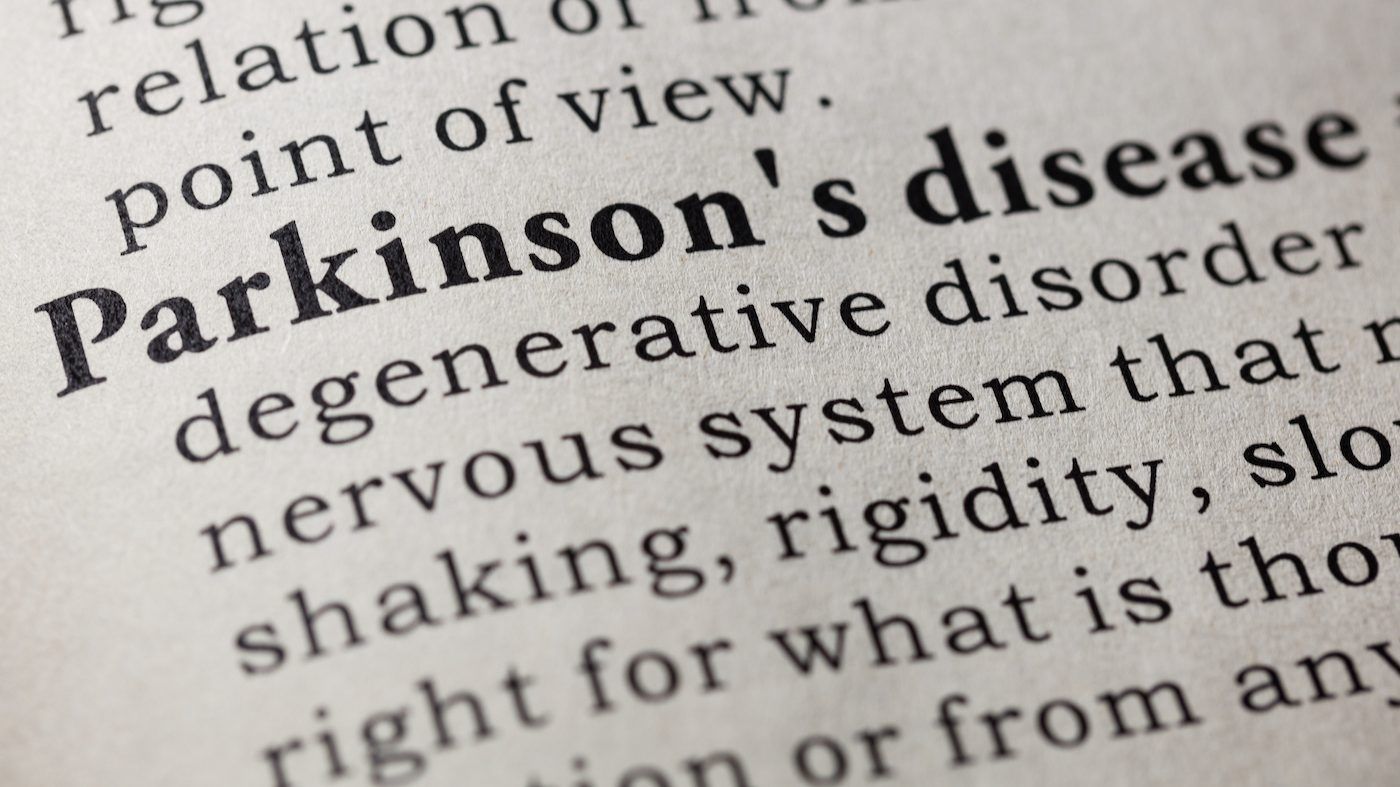be an active participant in your treatment plan
“parkinson’s disease not only affects the individual physically, it also has significant emotional, financial, and social impacts on families,” notes perry. “the cognitive disease, the unseen symptoms, are probably some of the most difficult. and the journey with parkinson’s is highly personable. you’ve got to embrace that flexible approach to care and support to manage your challenges.”
he adds that staying proactive about your treatment plan and having conversations with your healthcare providers and peers through knowledge and support networks can transform your experience from one of uncertainty and fear to hope and active management.
“i want everybody to realize that there’s hope. this diagnosis is not a death sentence. there is hope, there is a future, and you change your mindset, adjust your lifestyle, you can live a long productive life.”
drugs for parkinson’s work on the brain’s complex chemistry and may need to be taken several times a day. levodopa has been prescribed for decades and remains the first-line drug treatment for parkinson’s. however, the ability to manage the fluctuating response to levodopa and pair it with other medications to improve its effectiveness has changed. surgical therapies have also improved symptoms, like deep brain stimulation, where electrodes are inserted into a targeted area of the brain to generate electrical impulses to control movement.
 9 minute read
9 minute read









